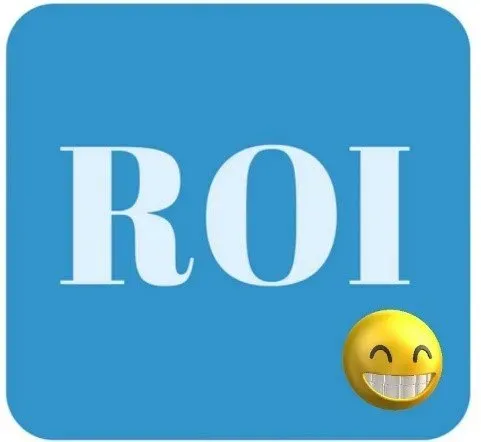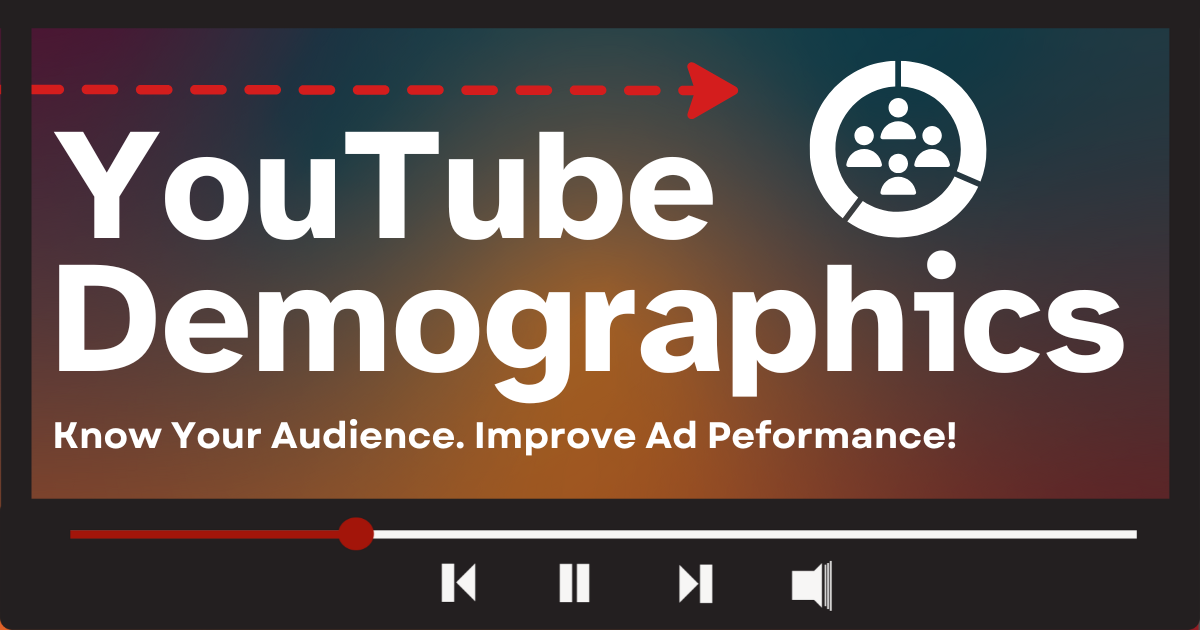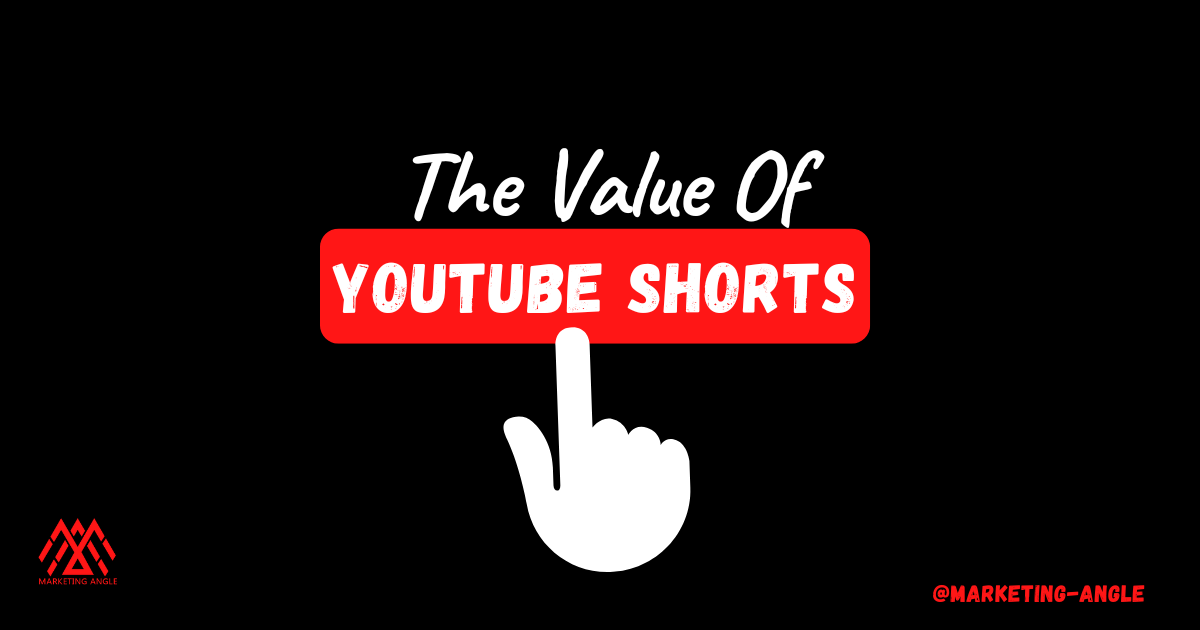Do you want your customers to find you online? Many people go straight to their phones or mobile devices to find everything they are looking for these days. When they are searching, are they finding your product and ad, or your competitors?
PPC Is the Success Behind Small Business
PPC or Pay Per Click has rapidly evolved, becoming a significant part in the success of businesses. While there are still many who poo-poo the idea of digital or internet marketing, your competitors are most-likely engaged in it (you can find out by doing a Google search -- and you should).
Let’s say you provide a service like "concrete cutting". When people search for a service in their location, they will usually search for "concrete cutting near me" or "concrete cutting in CITY".
Pay per click advertising for small businesses can be a very effective tool for being found online, driving customers to your website, creating brand-awareness and promoting your business in the digital world. It is a platform for online marketing where you (the advertiser) are entitled to pay the search engine(Google and Bing are the two largest search engines.)
With PPC, you are able to select and reach a targeted audience fast, by determining who can see your ads. You are only charged for the ad when someone clicks on it. It is important that you are knowledgeable and consistent with your intentions with PPC advertising or hire a marketing agency skilled in PPC to manage your campaign accounts. See our rates for PPC ads management for small businesses.
With the increase in digital devices and people becoming more tech savvy at the base level, most businesses today have become digital. If your competitors are advertising online, it is essential to incorporate PPC in your digital marketing strategies.
How Much Does a PPC Campaign Cost?
Is It Important For YOUR Business?
In a PPC campaign, you pay the search engine for listing your ads on the top, bottom or on the sides of the organic search listings. When someone enters their search term in a search bar, and then clicks on your ad, you will pay the current CPC (Cost Per Click). Your PPC manager will have established a max Cost Per Click for your company with your input. It’s important to review your campaigns or hire an agency to manage them for you.
Here’s an example: If you pay $2.50 for a click that results in a $200 sale, you would have generated $200 in sales revenue with a $2.50 investment. It would be great if a business received a sale for every click; however, that is not going to happen, so your company and digital marketing company will determine how a conversion to a sale or next step in a long sales process will be calculated. Download our PPC ROI Calculator.
Pay Per Click Budget Control
Budget control is extremely important in managing your PPC advertising. You have the power to set your PPC budget and can use daily budgeting to control your budget.
You are able to edit your PPC budget within your Google Ads or Bing Ads account. Using Google Ads keyword planner, you can determine what your monthly budget will be and the number of clicks you may obtain. Unlike traditional advertising, you will have visibility into how your budget is being spent.
It is important to note that you can’t just set it and let it go, you must continuously be involved and making adjustments to make the most of your PPC advertising budget!
Targeted Pay Per Click Ads
You get to choose exactly where your ads are displayed using targeted ads in your PPC advertising. You can make your marketing campaigns as targeted as possible through PPC by using specific keywords, interests and demographics, ensuring that your ads are displayed to the correct audience at the right time, generating relevant leads.
You are also able to target mobile users (who are exceeding all the other device users), by using device-specific preferences.
Retargeting options within PPC allow you to reach out to people who showed an interest in your product/service, helping you deliver specific messages to your target customers at the prime time when they are likely to convert.
PPC ads can be changed, tested and optimized to reach maximum effectiveness, unlike the organic results found on the search engine results page (SERP).
Testing of PPC ads allows you to see which combination of the keyword and ads work the best, giving you the best return on your investment.
Instant Visibility With Immediate & Consistent Search Traffic
Once you know how to utilize this platform and run ad campaigns, you will see immediate traffic. Immediate results are great, but you also want them to be good by making sure you are not paying for useless clicks. While a quick campaign for a new website that is looking for exposure and visibility is great, you also want to create consistent and relevant traffic for the long haul. Daily budgets help you control your spending and your traffic when you consistently manage your Ad accounts to get the most out of your budgeting dollars.
Quick Results with Pay Per Click for Small Businesses
Pay Per Click advertising gives you a substantial amount of traffic for a pre-determined amount of money in much less time. When you invest in PPC, you have the ability to maximize your online profits easily, generating traffic, sales and leads. While organic search results are one of the most reliable sources for achieving long term online marketing goals, there have been dramatic changes in organic CTR over the past two years. Organic searches are unpaid, natural rankings that are determined by search engine algorithms.
They can be optimized by various search engine optimization (SEO) practices, while paid searches allow you to pay to have your website address displayed on the search engine results page (Google, Bing, etc.) when someone types in specific keywords or phrases that are relevant to your paid ad campaigns.
ROI of PPC
Marketing campaigns are created with the ultimate goal of acquiring the highest possible Return On Investment (ROI). By creating the most relevant ads for display online, you are able to target a specific market and audience. It is easier to manage costs because you only pay when your ad gets a click. It gives you the ability to calculate your estimated ROI based on the number of clicks you are receiving.
You have the power and control to make key changes with optimization strategies to improve your Quality Score, which in turn increases the ROI for your PPC campaigns. PPC is one of the most profitable marketing channels available when it comes to reaching a higher ROI because it drives qualified traffic to your website or landing pages pretty fast and starts generating conversions. If you have not started Internet marketing, utilizing Pay Per Click advertising, don’t panic. Do your research, hire a marketing agency to help you get started, and get busy generating leads, sales and traffic today.
Check out these important internet statistics!
PPC and SEO (search engine optimization) go hand-in-hand with your online marketing strategy. They are both important in helping you improve the overall ranking of your website. PPC helps you discover keywords that are popular and relevant to get more clicks and conversions. You can also implement them into your SEO strategy.
These two strategies work together very well. PPC helps your SEO strategy by ranking new keywords quickly. It will also help you when your SEO results are not very good. You will be able to get more specific search terms that will increase SEO related traffic to your website. Combined, they compliment each other well and work for you on both channels. Having search results that are shown in organic and paid listings proves that the ads you created are more relevant.
By maintaining and optimizing your PPC campaigns regularly, you can improve your online growth tremendously. There is no business too big or too small to benefit from PPC advertising. All of your marketing strategies combined will help you capture your potential customers at the right time and allow you to measure your optimized results and see almost immediately how your investment is paying off.














